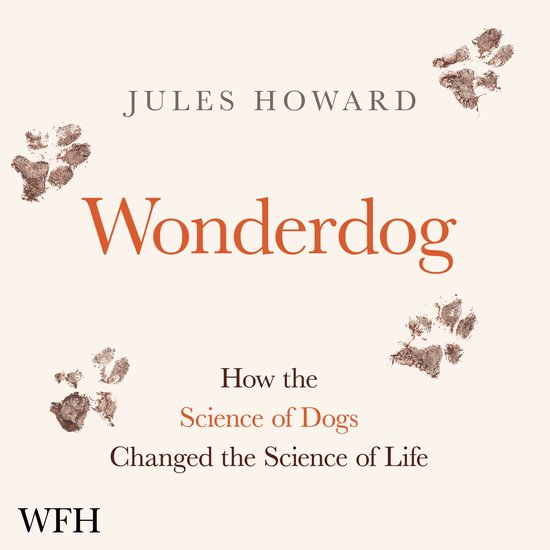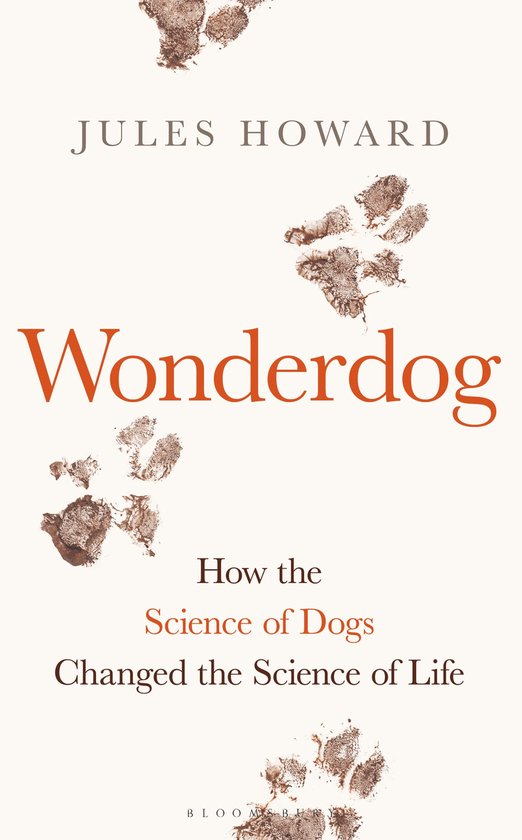Wonderdog

Direct beschikbaar
A celebration of dogs, the scientists who've lived alongside them, and how canines have been key to advancements in science for the betterment of all species.
Almost everywhere there are humans on planet Earth, there are dogs*.* But what do dogs know and understand of the world? Do their emotions feel like our own? Do they love like we do? What do they think of us?
Since our alliance first began on the hunt and on the farm, our relationship with dogs has evolved considerably. And with domestic dog population rising twenty per cent in the last decade alone, it is a bond that will continue to evolve. In order to gauge where our relationship with dogs goes from here, author and zoologist Jules Howard takes a look at the historical paths we have trod together, and at the many scientists before him who turned their analytic eye on their own four-legged companions.
Charles Darwin and his contemporaries toyed with dog sign language and made special puzzle boxes and elaborate sniff tests using old socks. Later, the same questions drove Pavlov and Pasteur to unspeakable cruelty in their search for knowledge. Since then, leagues of psychologists and animal behaviourists have built upon the study of dogs and their much-improved methods have fetched increasingly important results: dogs have episodic memory similar to ours; they recognise themselves as individuals; and, in addition to their expert sense of smell, dogs’ noses can even detect thermal radiation.
With the help of vets, ethologists, neurologists, historians and, naturally, his own dogs, Wonderdog reveals the study of dogs to be key in the advancement of compassion in scientific research, and crucial to making life on Earth better for all species.
- 1 Bekijk alle specificaties



Taal: en
Bindwijze: E-book
Oorspronkelijke releasedatum: 01 november 2022
Ebook Formaat: Adobe ePub
Hoofdauteur: Jules Howard
Hoofduitgeverij: Pegasus Books
Lees dit ebook op: Desktop (Mac en Windows)
Lees dit ebook op: Kobo e-reader
Lees dit ebook op: Android (smartphone en tablet)
Lees dit ebook op: iOS (smartphone en tablet)
Lees dit ebook op: Windows (smartphone en tablet)
Studieboek: Nee
EAN: 9781639362639